
Business
Best Practices for Diesel Fuel Storage: Maximizing Shelf Life


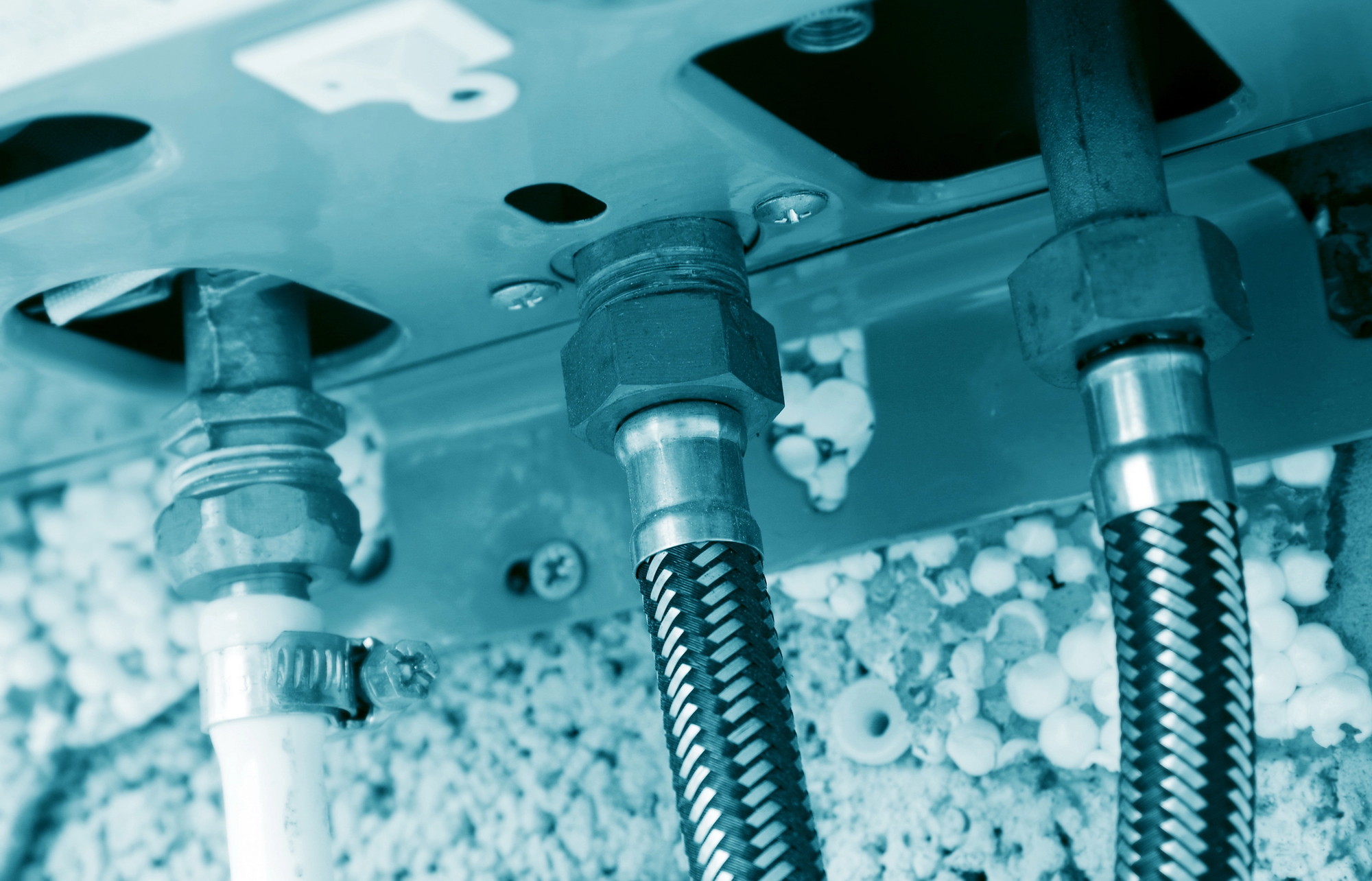


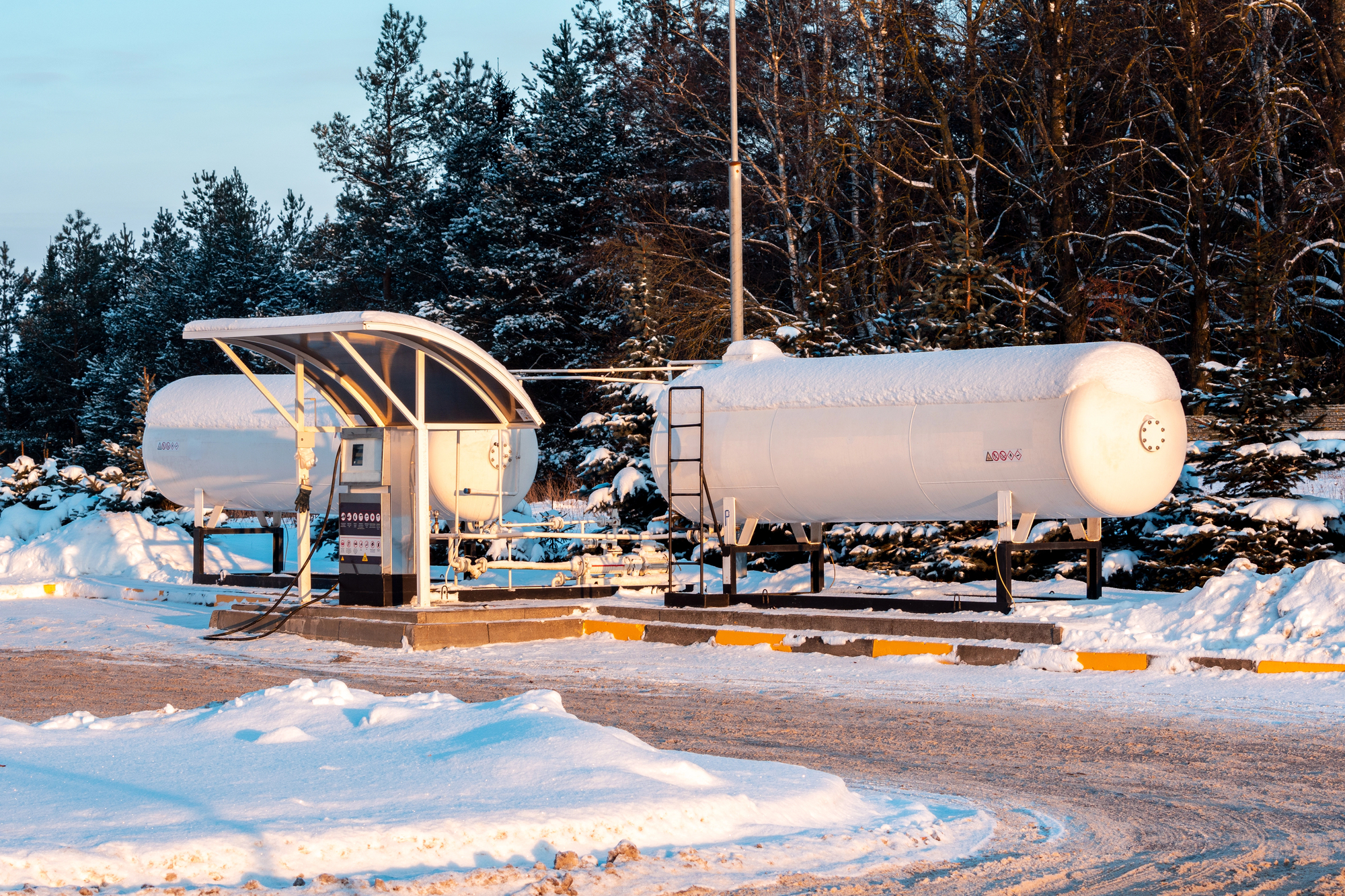


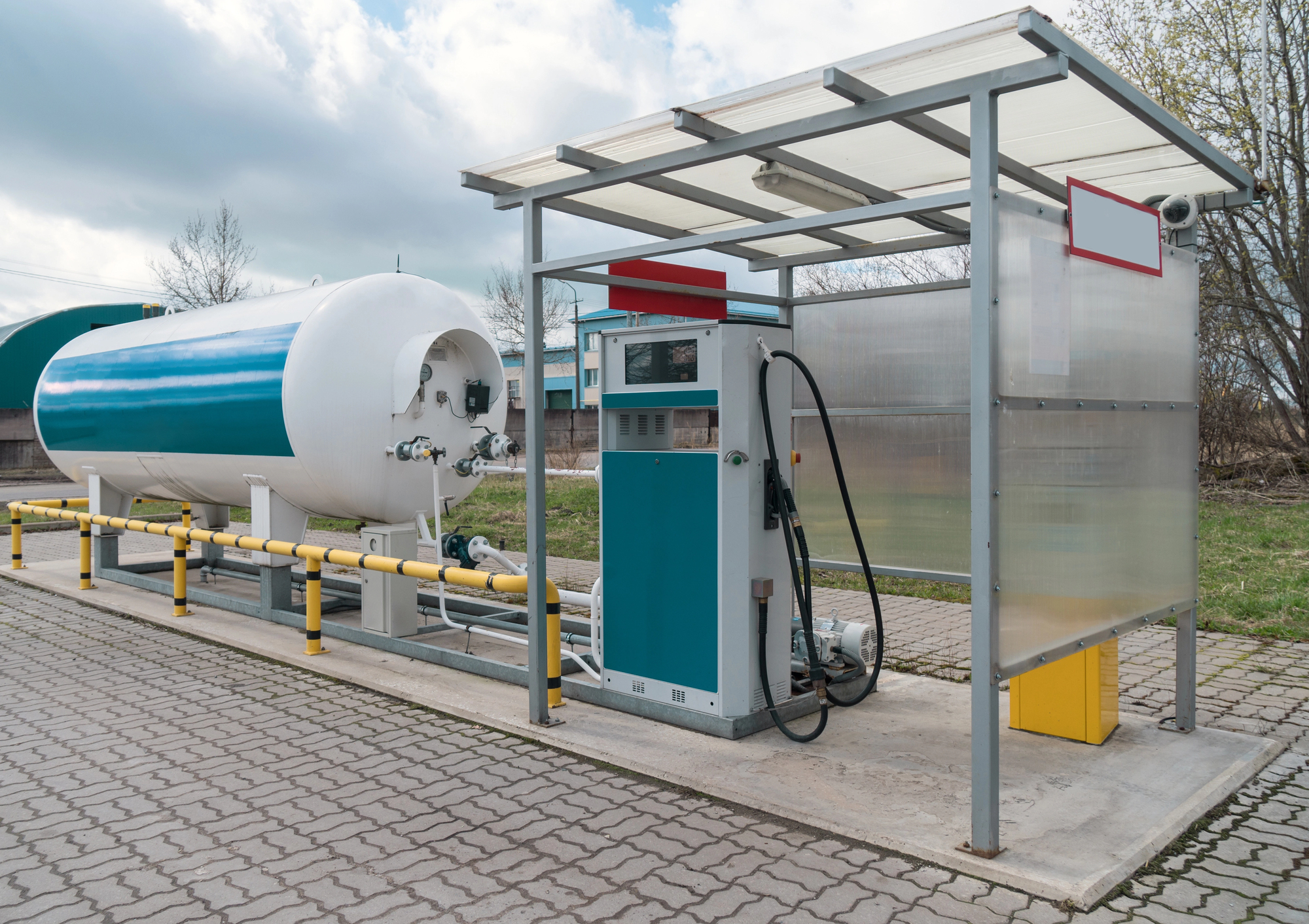

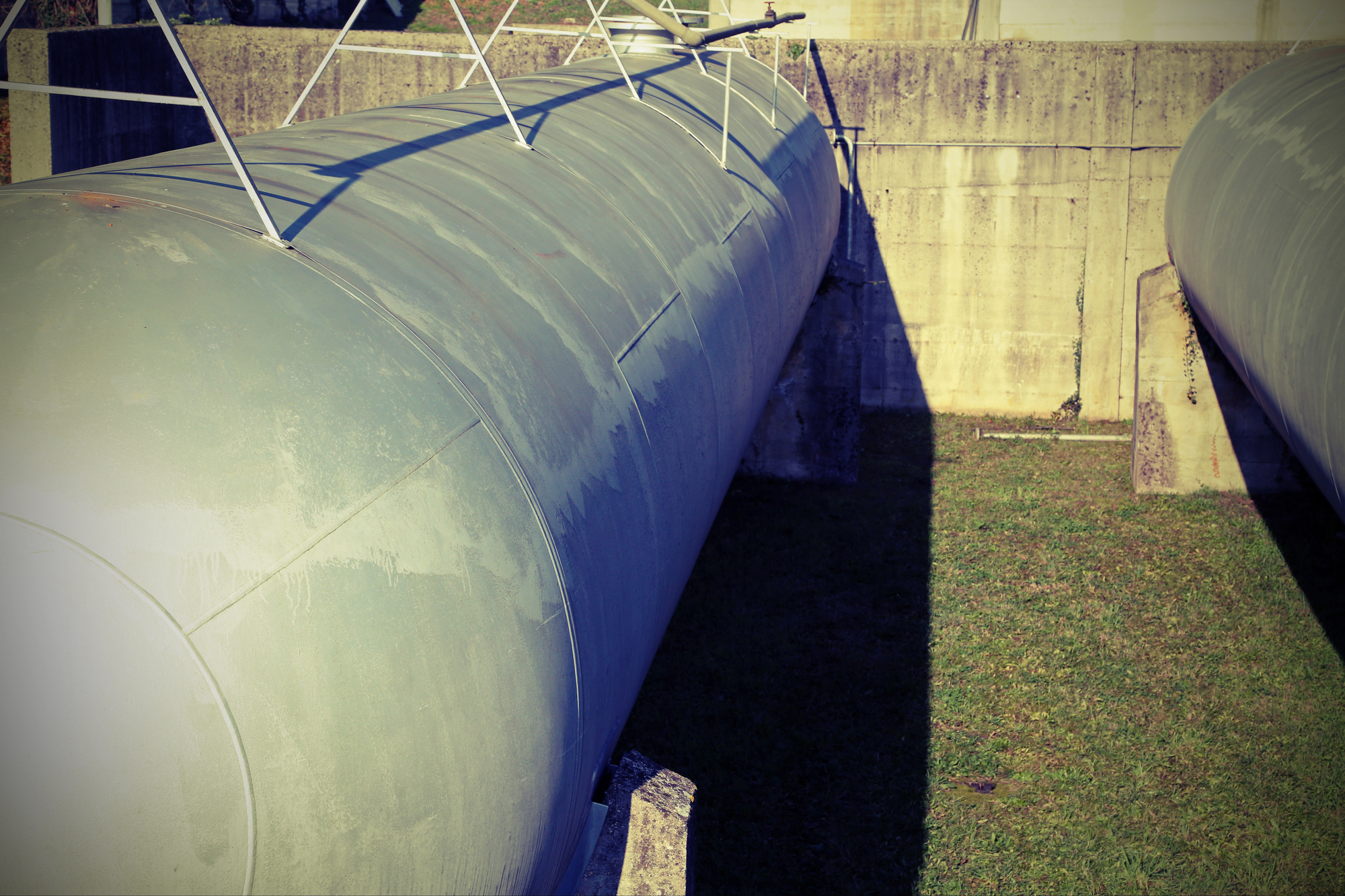



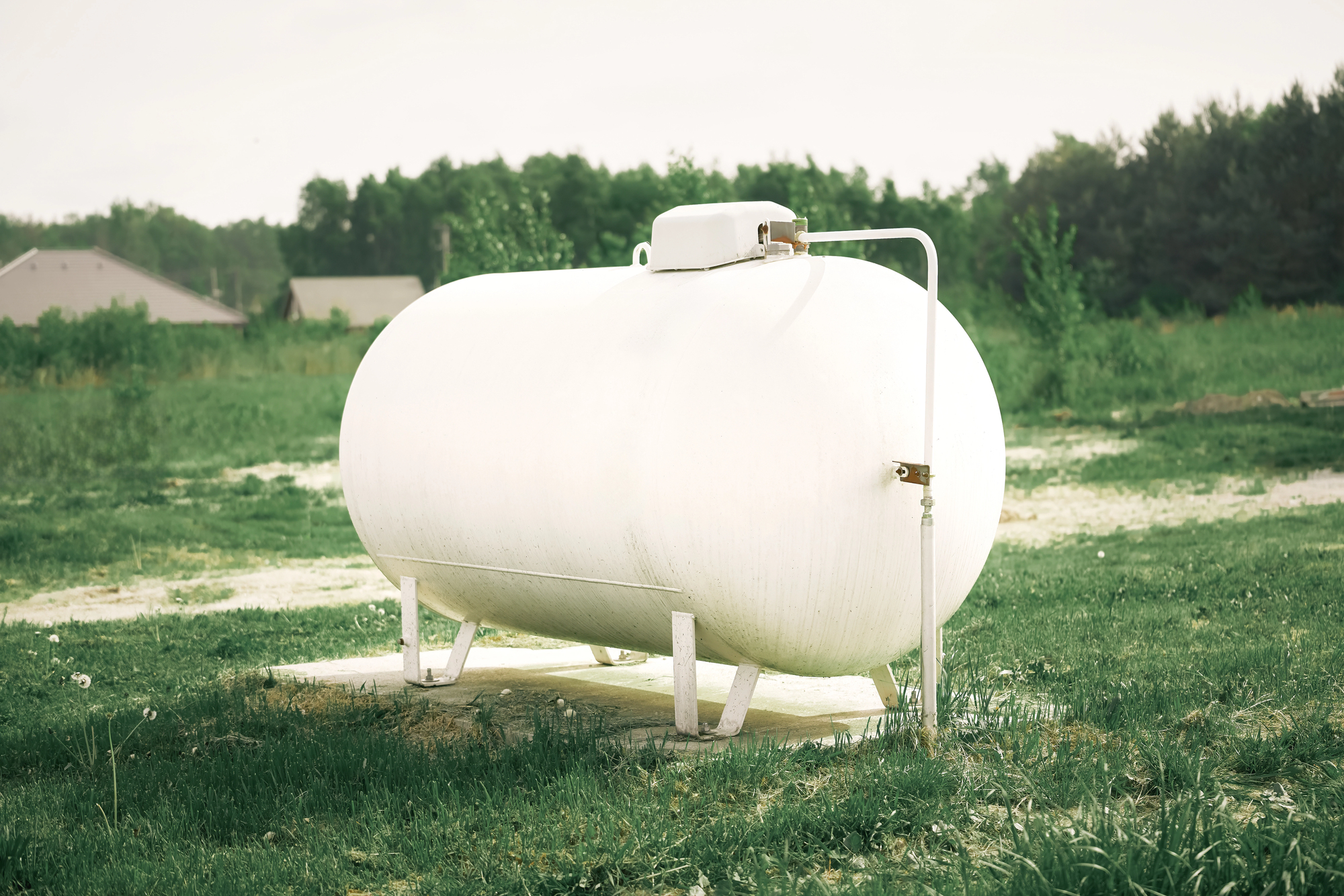

























If your operation relies on diesel—whether for fleet vehicles, agricultural equipment, generators, or heating—then you know just how important fuel quality is. But did you know that how you store your diesel can dramatically affect how long it lasts?
Diesel fuel doesn’t stay fresh forever. If it’s not stored properly, it can degrade, attract moisture, grow microbes, or even damage your equipment.
At Otte Oil, we help businesses across industries protect their investment by storing fuel the right way. In this beginner-friendly guide, we’ll walk through the best practices for diesel fuel storage and how to get the most out of every gallon.
Why Shelf Life Matters
Stored diesel typically lasts 6 to 12 months under normal conditions, but with the right care, you can extend that window significantly. That’s critical for backup systems, off-season usage, or bulk-buy savings. The goal is to keep fuel clean, stable, and ready to perform when you need it.
Keep Tanks Clean and Dry
The number one enemy of diesel fuel is water. Whether it’s from condensation, a leak, or rainwater, even small amounts of moisture in your tank can lead to microbial growth, sludge buildup, and corrosion.
Tip: Drain water from the bottom of your tank regularly, and be sure your tank is sealed properly to keep out excess moisture and air.
Use Fuel Additives When Needed
If you’re storing diesel for the long haul—or through cold seasons—fuel additives are a smart investment. Stabilizers, anti-gel treatments, and biocides can help extend shelf life, reduce wear and tear on engines, and prevent fuel breakdown or clogs.
Not sure which additive is right? Our experts at Otte Oil can recommend the best solution based on your fuel type, climate, and storage setup.
Control Temperature and Air Exposure
Diesel is sensitive to temperature swings and oxygen. Excessive heat or air in the tank speeds up oxidation, which can cause fuel to darken, thicken, or form harmful deposits.
Best practice: Store your fuel in a shaded, temperature-stable area. Keep tanks as full as possible to limit the amount of air inside.
Stick to a Maintenance Schedule
Just like your equipment, your storage system needs attention. That means checking for signs of wear, replacing filters, and scheduling regular cleanings—especially if you use above-ground tanks.
Fuel sampling and testing should also be part of your routine. It’s the best way to catch early signs of fuel degradation before it causes real problems.
Choose a Reliable Supplier
At the end of the day, your fuel is only as good as where it comes from. Working with a dependable supplier ensures you’re getting clean, high-quality diesel, and advice from experts who can help you store and maintain it properly.
That’s where Otte Oil comes in. We provide premium diesel delivery, tank services, and expert support to help you stay efficient and ready, no matter the season.
